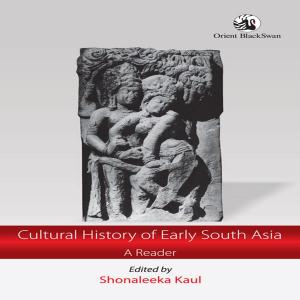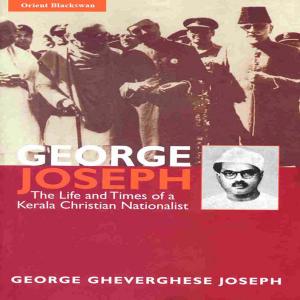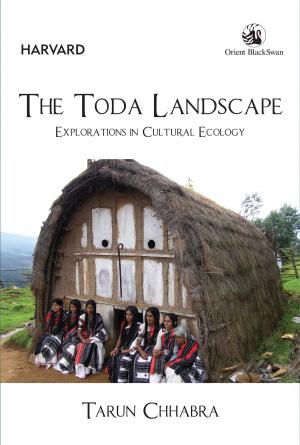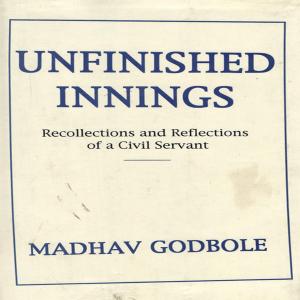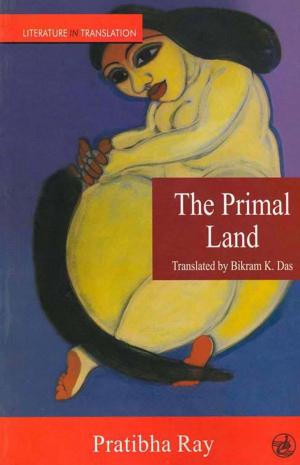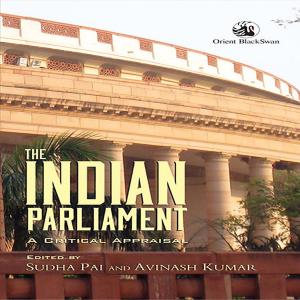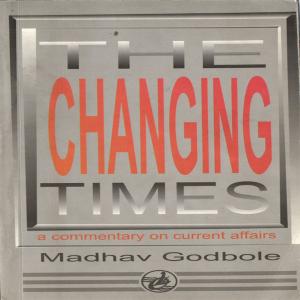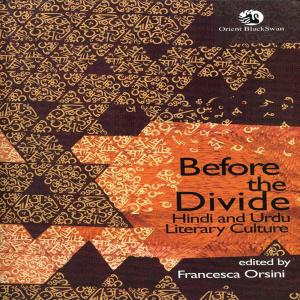The Intimate Other
Love Divine In Indic Religions
Nonfiction, Religion & Spirituality, Inspiration & Meditation, Devotionally| Author: | ANNA S. KING | ISBN: | 9788125053200 |
| Publisher: | Orient Blackswan Private Limited | Publication: | March 24, 2017 |
| Imprint: | Language: | English |
| Author: | ANNA S. KING |
| ISBN: | 9788125053200 |
| Publisher: | Orient Blackswan Private Limited |
| Publication: | March 24, 2017 |
| Imprint: | |
| Language: | English |
The Intimate Other explores the theme of the devotional element in Indic Religions not only in Hinduism in which bhakti has become the dominant form, but also in Buddhism, Jainism, Sikhism and Islam. The essays by scholars of international repute, show the strength of this devotion to the divine as a living and powerful source of value, aesthetic imagination, creativity and well-being. They also analyse the sometimes divergent interests of scholar and devotee, problematizing devotion and exposing its historical development as complex, contested and ‘political’. Of particular interest are the chapters on the Jain and Buddhist traditions where the existence of devotion has often been doubted or denied. Contributors investigate widely ranging topics: these include an analysis of bhakti within the Sanskrit epics; a text-historical approach to Valmiki; Kabir’s authorship of the poems attributed to him; contemporary attitudes to devotion to the Ganga: devotion within a syncretistic Jain movement, in Theravada Buddhism, subcontinental Sufi Islam, young Sikhs in Britain and in the shared musical and poetic traditions of Hindus, Sikhs and Muslims. The volume ends with a sensitive exploration of the devotional love that overpowers death within the Hindu bhakti context. Together they demonstrate vividly just how passionate love for the intimate other penetrates and inspires so many of South Asia.
The Intimate Other explores the theme of the devotional element in Indic Religions not only in Hinduism in which bhakti has become the dominant form, but also in Buddhism, Jainism, Sikhism and Islam. The essays by scholars of international repute, show the strength of this devotion to the divine as a living and powerful source of value, aesthetic imagination, creativity and well-being. They also analyse the sometimes divergent interests of scholar and devotee, problematizing devotion and exposing its historical development as complex, contested and ‘political’. Of particular interest are the chapters on the Jain and Buddhist traditions where the existence of devotion has often been doubted or denied. Contributors investigate widely ranging topics: these include an analysis of bhakti within the Sanskrit epics; a text-historical approach to Valmiki; Kabir’s authorship of the poems attributed to him; contemporary attitudes to devotion to the Ganga: devotion within a syncretistic Jain movement, in Theravada Buddhism, subcontinental Sufi Islam, young Sikhs in Britain and in the shared musical and poetic traditions of Hindus, Sikhs and Muslims. The volume ends with a sensitive exploration of the devotional love that overpowers death within the Hindu bhakti context. Together they demonstrate vividly just how passionate love for the intimate other penetrates and inspires so many of South Asia.

